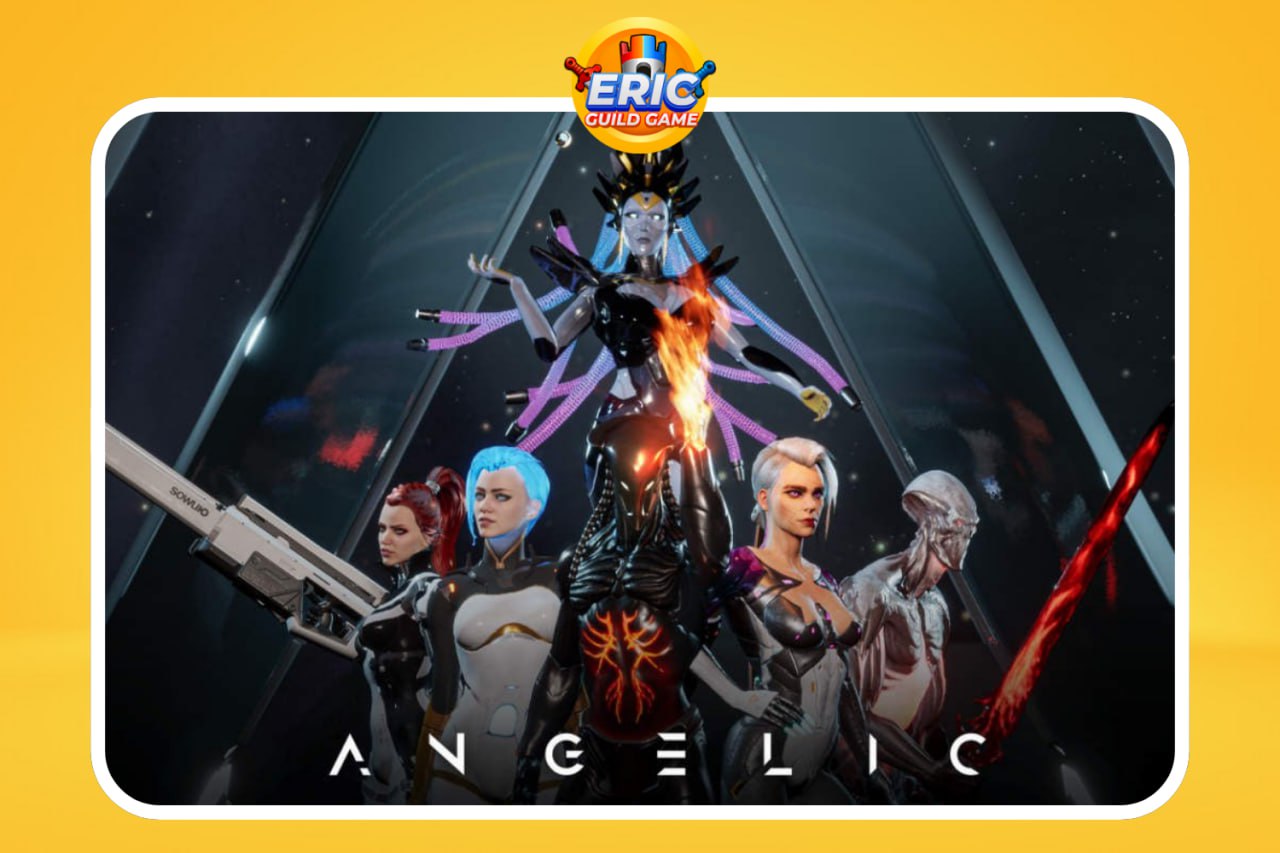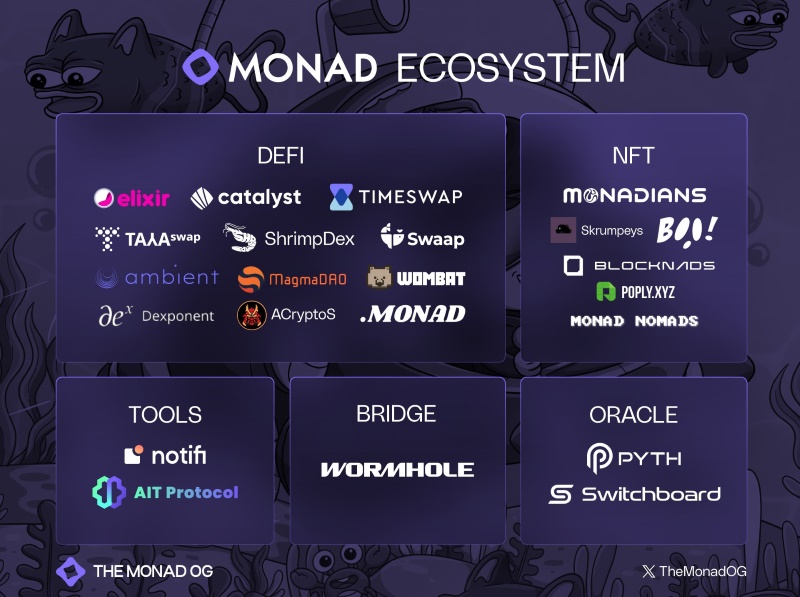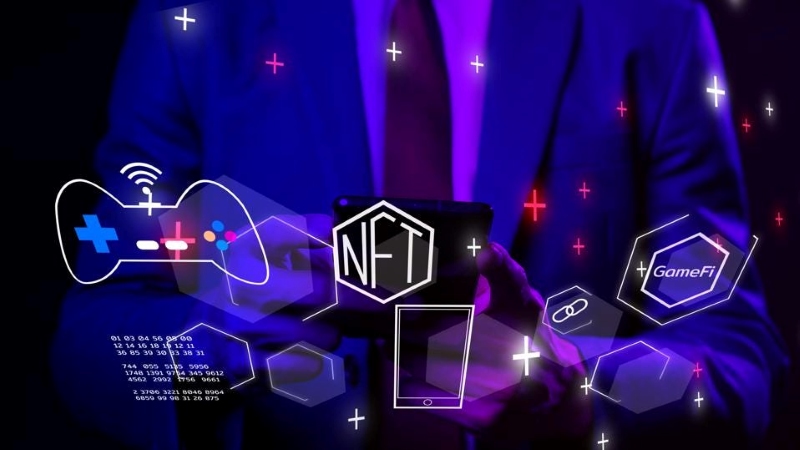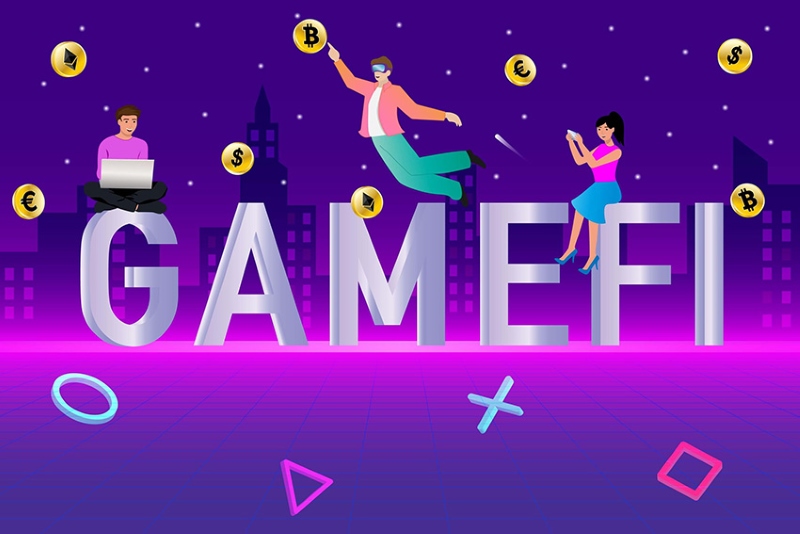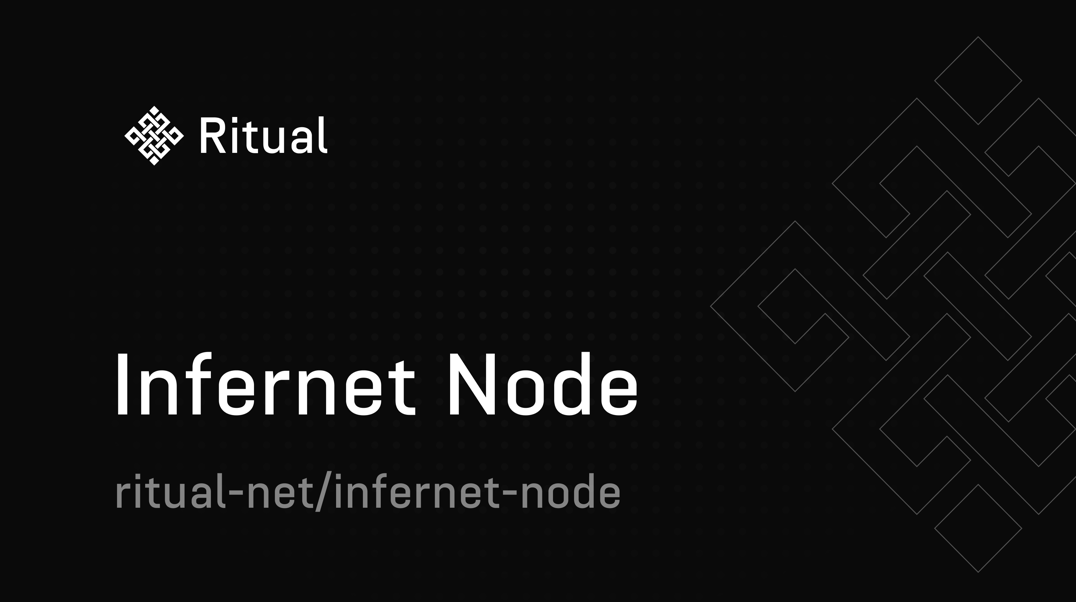What is a smart contract? It is a digital agreement stored on a blockchain, executing automatically when predefined conditions are met. Explore it together.
What is a smart contract
To explain smart contracts and some knowledge about it, let’s find out its concept. A smart contract is a self-executing program that automates blockchain transactions, making them trackable and irreversible. A useful analogy is a vending machine—when you insert the correct amount and select an item, the machine (smart contract) dispenses the product automatically.
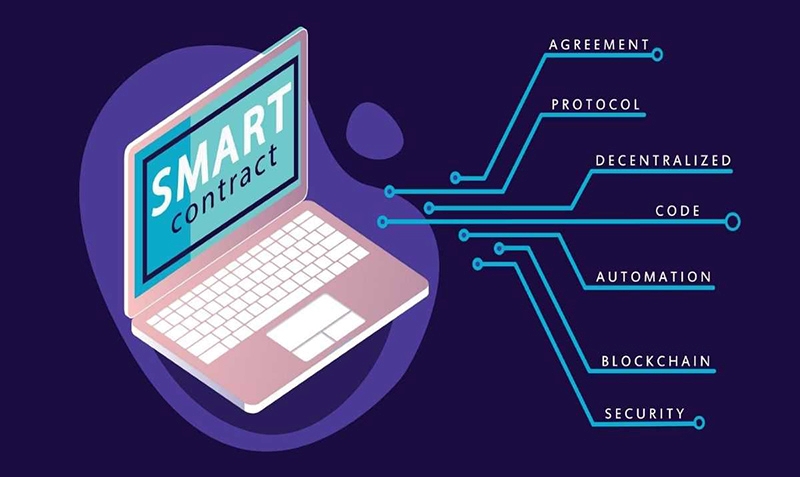
These contracts enable secure transactions between anonymous parties without a central authority, legal system, or enforcement body. While blockchain is often associated with Bitcoin, its applications extend far beyond digital currency.
Smart contracts automate agreement execution, ensuring all parties instantly know the outcome without intermediaries or delays. They can also trigger workflows by executing the next action when preset conditions are met.
Things to keep in mind about smart contract in blockchain
- Smart contracts are scripts that automate transactions between parties.
- They do not contain legal terms, language, agreements only executable code based on predefined conditions.
- Nick Szabo, who proposed “Bit Gold” in 1998, described smart contracts as transaction protocols that enforce contract terms.
- The term “smart contract” is misleading, as these programs are neither truly smart nor legally binding contracts.
History of smart contracts
After understanding what is a smart contract, let’s learn about its history. In 1994, American computer scientist Nick Szabo introduced the concept of smart contracts in public. He later proposed “Bit Gold” in 1998, a virtual currency idea that emerged a decade before Bitcoin. Though the computer scientist Nick Szabo is often rumored to be the real Satoshi Nakamoto – the mysterious Bitcoin creator, Szabo has denied the claims.
Szabo defined what is smart contract as automated transaction protocols designed to enforce contract terms. His goal was to expand digital transaction capabilities beyond traditional systems like POS (point of sale).
In his research, Szabo suggested smart contracts could facilitate synthetic asset agreements, merging derivatives and bonds. He wrote, “These new securities are formed by combining securities (such as bonds) and derivatives (options and futures) in a wide variety of ways…” He emphasized that computerized analysis could streamline complex financial structures, making them more accessible and cost-efficient.
Many of Szabo’s predictions materialized even before blockchain’s rise. For instance, modern derivatives trading relies heavily on computer networks and intricate term structures.
Types of smart contracts

Smart legal contract
Smart legal contracts function similarly to traditional contracts but with added security and automation provided by blockchain technology. These contracts operate under a structured format: “If this happens, then that will happen.” What sets them apart is their immutability and transparency—once recorded on a blockchain, they cannot be altered. This prevents disputes over contract terms and ensures accountability among involved parties.
Contracts are digitally signed, and if specific conditions are met, they can self-execute without requiring human intervention. For example, a smart legal contract may be programmed to release a payment automatically when a project milestone is completed. Similarly, it can enforce obligations such as debt repayment when a predetermined date arrives.
One of the key benefits of smart legal contracts is their ability to reduce the risk of fraud and eliminate intermediaries, making transactions more efficient and cost-effective. However, failure to comply with these agreements can result in significant legal consequences, as they are legally binding in many jurisdictions.
Decentralized Autonomous Organizations (DAOs)
DAOs are blockchain-based organizations that operate under a shared governance model, where decision-making is automated and driven by smart contracts. Unlike traditional organizations that rely on a hierarchical leadership structure with executives and managers, DAOs function democratically, with voting rights distributed among members based on predefined rules encoded into the blockchain.
A DAO’s rules and operations—such as how funds are allocated or how proposals are approved—are executed through smart contracts, ensuring a high level of transparency and security. Members vote on governance decisions, and the outcome is determined by majority consensus. Since everything is recorded on a blockchain, DAOs minimize the risk of corruption and manipulation.
An example of a DAO-powered initiative is VitaDAO, a decentralized collective that funds and promotes longevity research. VitaDAO uses blockchain technology to democratize access to scientific research, enabling members to participate in funding decisions and collectively govern projects.
By removing central authority and enabling a trustless governance model, DAOs represent a new paradigm for organizational management, allowing individuals to collaborate and make collective decisions without relying on traditional corporate structures.
Application Logic Contracts (ALCs)
Application Logic Contracts (ALCs) are a specialized type of smart contract that governs interactions between applications, software systems, and blockchain protocols. Unlike traditional smart contracts that facilitate agreements between individuals or organizations, ALCs enable machine-to-machine (M2M) interactions and are crucial for applications that require automated processes across multiple systems.
ALCs often function alongside other blockchain contracts, allowing seamless communication between different platforms. They play a critical role in areas such as blockchain integration, decentralized applications (dApps), and the Internet of Things (IoT). For example, an ALC might facilitate secure communication between smart devices in a supply chain, ensuring that inventory data is updated automatically across multiple stakeholders without requiring manual intervention.
These contracts are particularly valuable in industries that rely on automated, real-time data exchanges. For instance, a smart city might use ALCs to manage traffic signals and public transportation schedules based on live traffic data. Similarly, IoT-powered supply chains can integrate ALCs to track shipments, monitor storage conditions, and process payments automatically upon delivery.
By enabling seamless automation and integration, ALCs help improve efficiency, reduce operational costs, and enhance the overall security of digital interactions.
How smart contract work
So what is a smart contract work? operate on a blockchain and follow basic “if/when…then…” rules written in code. When specific conditions are met and verified, a network of computers automatically carries out the agreed actions, ensuring a secure and transparent process.
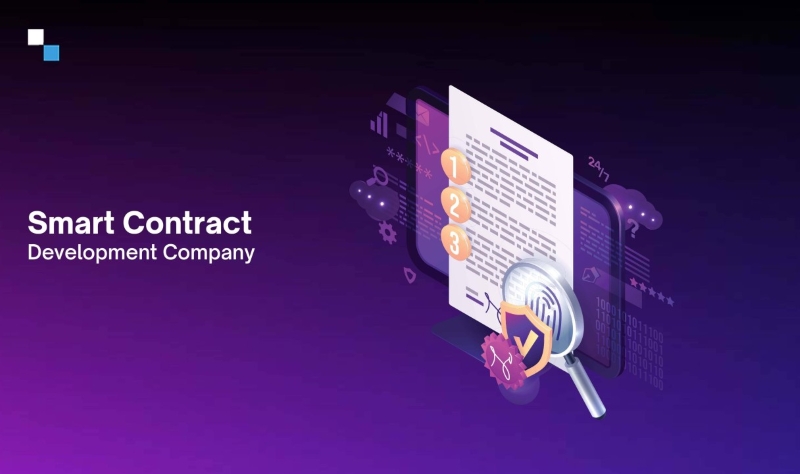
For example, a smart contract can release payments to the right person, register a vehicle, send notifications, or issue tickets. Once the transaction is complete, the blockchain updates the record. This update is permanent, meaning it cannot be changed, and only authorized participants can view the results. This makes smart contracts highly secure and reliable.
A smart contract can include as many conditions as needed to ensure that all parties are satisfied with the process. To set up a smart contract, participants must first agree on how transactions and data will be recorded on the blockchain. They also define the specific “if/when…then…” rules that will trigger an action, consider possible exceptions, and outline a process for handling disputes.
Once these details are established, a developer programs the smart contract. However, businesses are increasingly offering user-friendly tools, such as templates and web-based interfaces, to simplify the process. This makes smart contracts more accessible, even for those without technical expertise, allowing more people and organizations to benefit from their efficiency and security.
What can smart contracts be used for
What is a smart contract in crypto? In particular, smart contracts help automate agreements, making them useful in many areas. One of the simplest applications is handling transactions between two parties, like buying and delivering goods. For example, a manufacturer can set up payments through a smart contract, while the supplier arranges shipments. Depending on their agreement, the payment could be released automatically once the shipment is sent or received.
However, linking blockchain transactions to real-world actions is still evolving. For instance, if you use cryptocurrency to buy an item from blockchain gaming platforms, a person still needs to package and ship it. In this case, a smart contract could transfer your payment to the retailer and trigger a notification to the shipping department.
Smart contracts have the potential to transform many industries, including real estate, stock and commodity trading, lending, corporate governance, supply chains, dispute resolution, and healthcare. Follow blockchain gaming news to do not miss the latest news about smart contracts.
Benefits of Smart Contracts
Secure Recordkeeping: Every transaction is saved on the blockchain in order, creating a reliable history. While data is transparent, the identities of involved parties remain private through encryption.
No Middlemen: Smart contracts allow direct deals between parties, eliminating the need for brokers, lawyers, or other intermediaries. This makes transactions faster and more transparent.
Fraud Prevention: Since smart contracts are stored on a blockchain, tampering with them is nearly impossible. Any attempt to violate the contract is detected and rejected by the network.
Reliable & Fault-Tolerant: No single party has full control over the contract. Even if a part of the network fails, the contract remains active and unaffected.
Stronger Trust: Agreements are automatically enforced and cannot be altered or denied once executed, making them highly reliable.
Cost Savings: Cutting out intermediaries and paperwork reduces costs significantly, saving both time and money.
Challenges of Smart Contracts
Lack of Regulations: There are no universal laws governing smart contracts and blockchain, making regulation tricky.
Complex Implementation: Since smart contracts are still a new technology, developing and executing them requires specialized knowledge.
Difficult to Modify: Once a smart contract is created, it cannot be changed. If updates are needed, a new contract must be made.
Potential Misalignment: Even though smart contracts speed up processes, they may not always fully align with what all parties intended or expected.
Conclusion
In summary, smart contracts offer numerous benefits, such as enhanced security, transparency, cost savings, and fraud prevention, making them a powerful tool for digital transactions.
However, they also come with challenges like regulatory uncertainty, complexity, and immutability. As blockchain technology continues to evolve, smart contracts will likely become more refined and widely adopted. To explore more about how smart contracts are transforming the digital world, visit the gaming guild for the latest insights and innovations.
